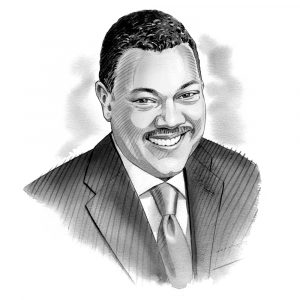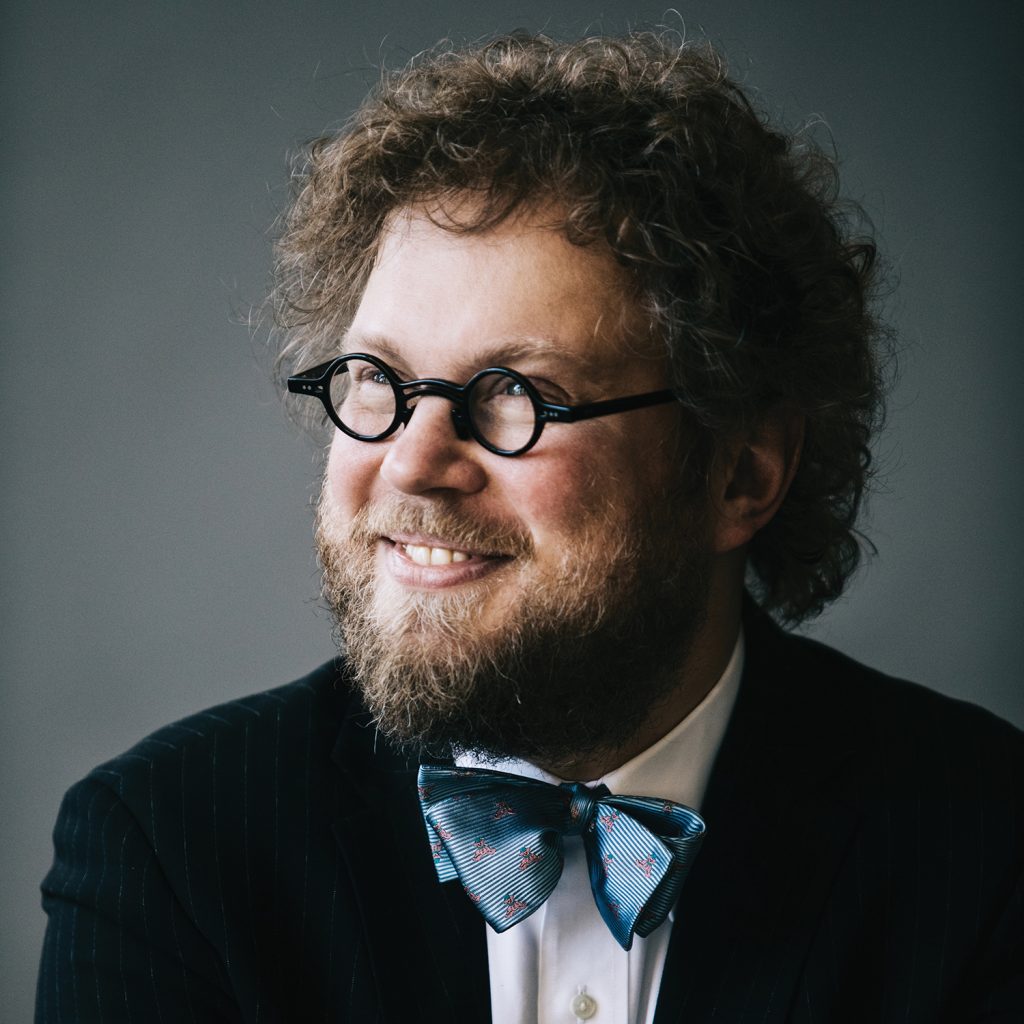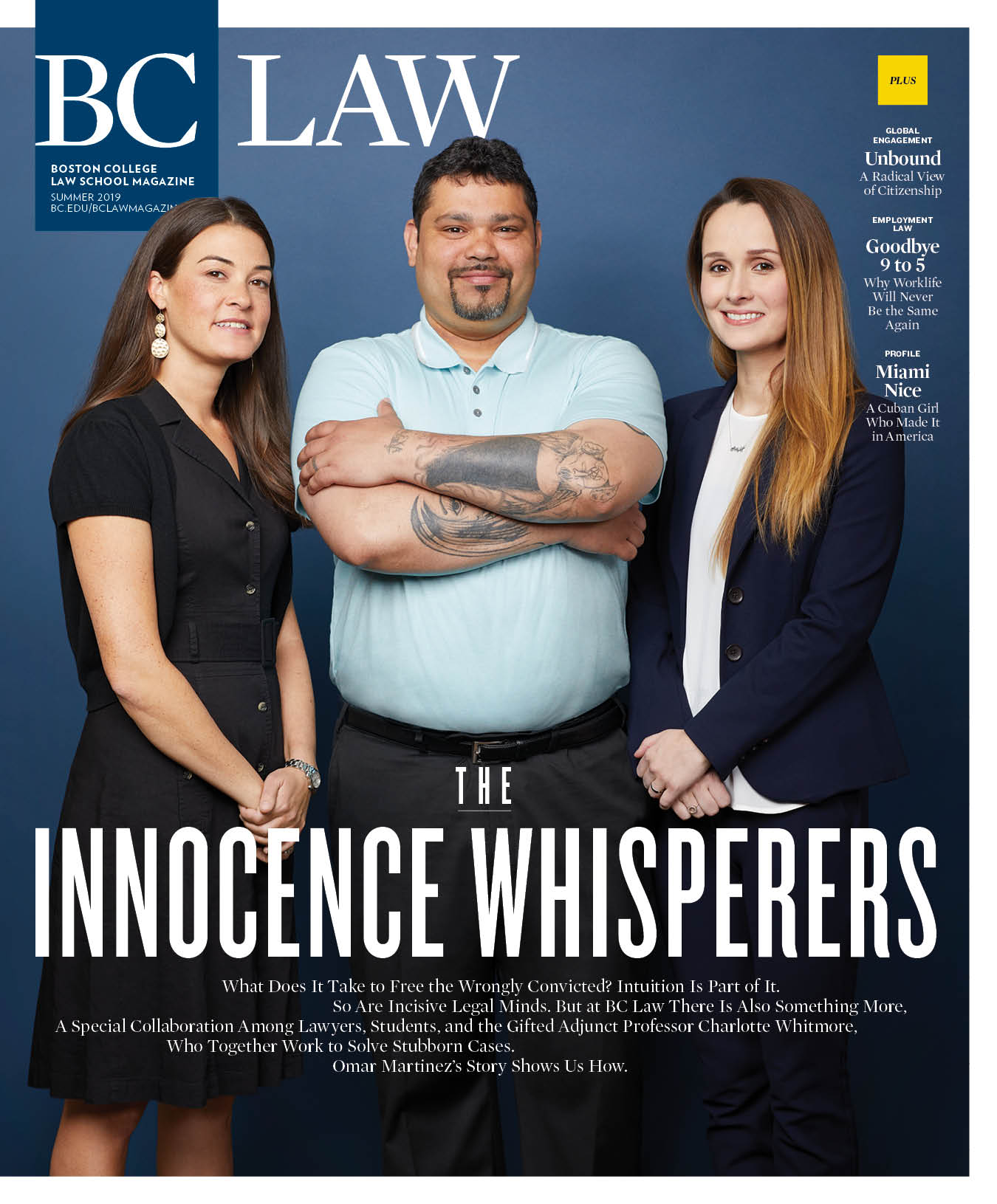What does being a citizen mean in a world with increasingly fluid boundaries? Professor Dimitry Kochenov, University of Groningen (Netherlands), author of Citizenship(MIT Press) and co-creator of the Quality of Nationality Index, sat down with Dean Vincent Rougeau, who has long studied the notion of “just communities,” to discuss the problems inherent in the concept of citizenship and how the world can be more fair and equitable to a global community on the move.

DK: I was born in the Soviet Union. I visited more than 40 countries with that passport, and then when I became Dutch and renounced my Russian citizenship, I realized that there is an unbridgeable discrepancy in how people are perceived based on the documents that they carry. That’s what drives my research. After many years of study, I was attracted to one key principle, which is no discrimination based on nationality.
VR: One of the things that led me to this work is the idea of how vulnerable people are protected. They often come from countries where their citizenship really has no value in the global space. It’s just an identification of where they happen to be born. The political systems under which they live could be very repressive, or the economic systems could be very backward. Of course, many of these people are driven to migrate elsewhere to obtain opportunities that people who have high-status citizenship take for granted.
This is exactly why it is very important to rethink citizenship in the context of migration, in the context of economic dislocation, in the context of climate change. All of these drive poor people into wealthier countries. We assume that other countries function like our country does, when, in fact, that’s not true. And we assume that those countries can provide things that they won’t or cannot provide.
DK: The Quality of Nationality Index is a transparent and quantifiable way of looking at the discrepancies you’ve just described. Someone from Madagascar potentially has a ceiling on opportunities compared with someone from France or the United States. We discovered that plenty of nationalities grant full access to residents and sometimes this is an enormous boost in terms of rights. France is a good example, with forty-one other states and territories welcoming the French as their own.
If you’re French in Switzerland even though Switzerland is not part of the EU, you can simply decide to move there. You will be treated as a Swiss and you can go to court if anyone mentions your nationality as a disqualifier in any context that relates to employment and residency. In this sense we see that the world is moving away from this strict correlation between status and rights, which was assumed since the early days of citizenship.
Of course, the losers of this move are the citizens of the poorest nations, because this clustering of rights happens among the leaders. While the French get the huge boost through their citizenship, people in Madagascar are not welcome and are confined to their own community.
VR: We are at this very interesting cultural moment. States are starting to see the limits of what they can do to control people and their movement. In the meantime, we’ve created the notions of rights that people have as human beings, and people recognize that those rights exist and that their opportunities may be beyond their borders.
We need to start creating new structures that recognize that people are mobile, that give them opportunities to engage in various communities. We have to stop resisting the need to create different ways of understanding how people live and move about the world. We’re going to continue to get migrants from Central America and Mexico. So why aren’t we coming up with structures that allow this to happen naturally and allow people to live with some kind of dignity?
“The 21st century could be the century of partially saying goodbye to citizenship as we assumed it to function in the 19th century fashion and looking at the person behind the status.” —Groningen Professor Dimitry Kochenov, on campus for a Clough Center lecture on citizenship in April
DK: I fully agree with this but what the Dean didn’t mention is the role of citizenship in all this. Citizenship used to play an overwhelming positive role when the narrative was about creating equality in a particular society: getting rid of the nobles, making sure that everybody had access to the ballot box, that the powers were controlled by the people.
But when we look at the world globally today, citizenship can mean you are actually confined to the places where you don’t want to be or where you won’t realize your full potential.
To tell El Salvador that its citizenship is somehow second rate, in the eyes of international laws, is absolutely unacceptable. But this is a necessary move if we want to ensure the human potential of the whole population of the globe and the basic preservation of rights. Citizenship as an abstract status has to be recognized as something that also has a negative side. The 21st century could be the century of partially saying goodbye to citizenship as we assumed it to function in the 19th century fashion and looking at the person behind the status.



